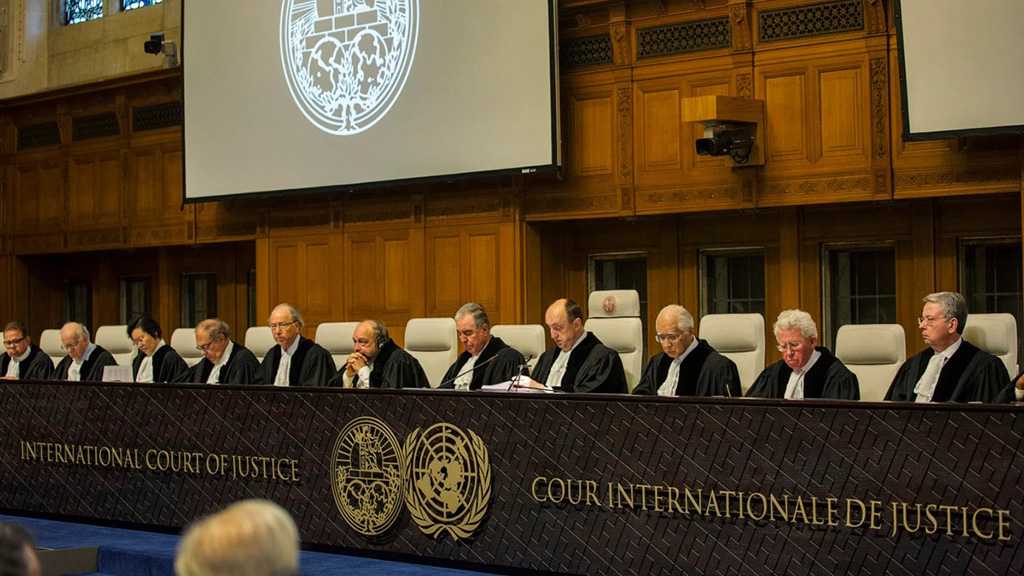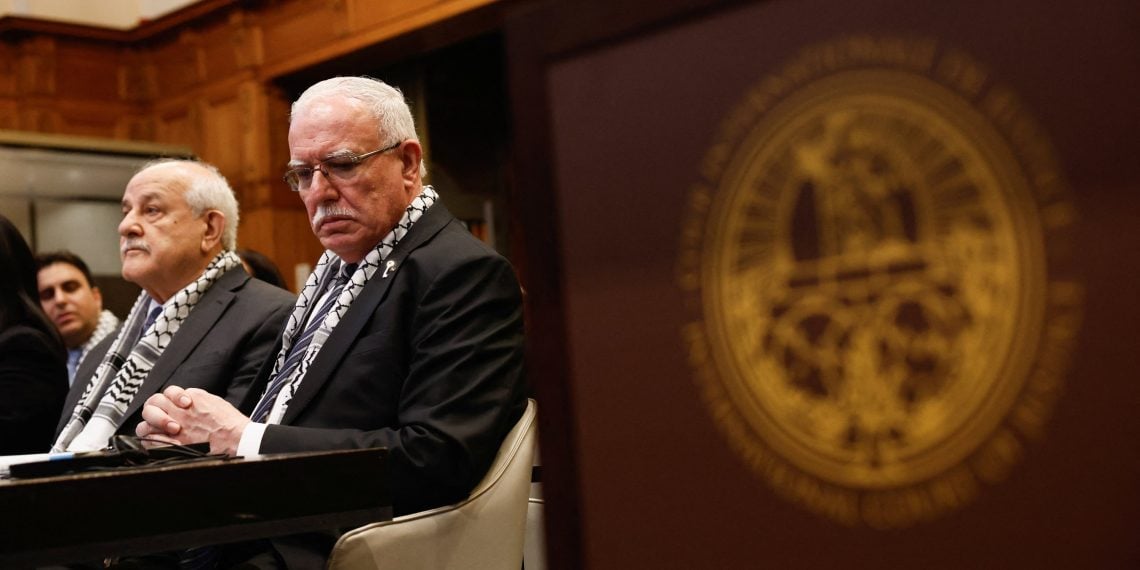Palestinian Foreign Minister Riyad al-Maliki called for an immediate end to Israel’s occupation of Palestinian territories as hearings commenced at the International Court of Justice (ICJ) in The Hague.
Over 50 states are set to present arguments until Feb. 26, responding to a 2022 request from the U.N. General Assembly for a non-binding opinion on the legal status of the occupation.
Al-Maliki accused Israel of subjecting Palestinians to discrimination and apartheid, asserting that they faced “displacement, subjugation, or death.” He emphasized the imperative of terminating the illegal occupation in accordance with international law.
The ICJ’s panel of 15 judges will assess Israel’s actions regarding “occupation, settlement and annexation,” including measures affecting the demographic composition of Jerusalem. The process is expected to take about six months, examining the legal ramifications of the occupation and its effects.
Israel captured the West Bank, Gaza, and East Jerusalem in the 1967 war, subsequently establishing settlements in the West Bank. Israeli leaders argue against the formal classification of the territories as occupied, citing their capture from Jordan and Egypt during the conflict.
Israel, while absent from the hearings, has submitted written observations. The outcome could heighten political pressure, especially concerning Israel’s conduct in Gaza, which has seen significant casualties amid clashes with Hamas militants.

The hearing aligns with Palestinian efforts to engage international legal mechanisms in assessing Israel’s actions, particularly in response to events like the recent conflict in Gaza. Al-Maliki reiterated accusations of genocide in Gaza, emphasizing the need to address Israel’s impunity.
Concerns mount over a potential Israeli ground offensive in Gaza, particularly in the city of Rafah, where many Palestinians have sought refuge.
This marks the second time the U.N. General Assembly has sought an ICJ advisory opinion on the occupied Palestinian territories, following a similar request in 2004 regarding Israel’s separation wall in the West Bank.




